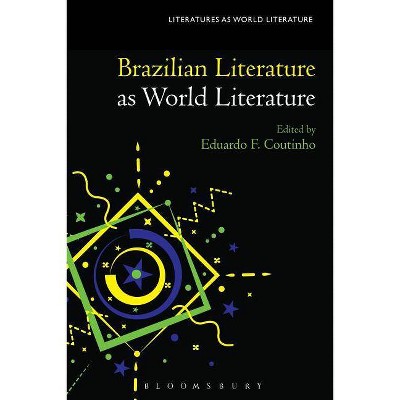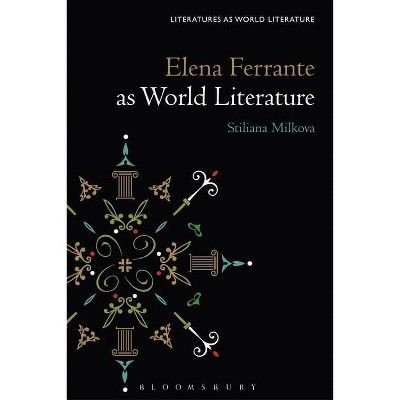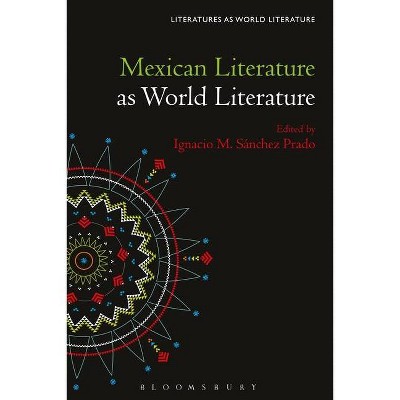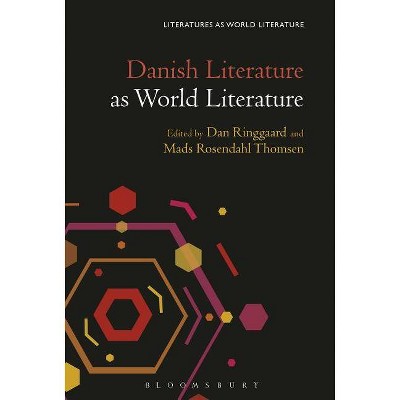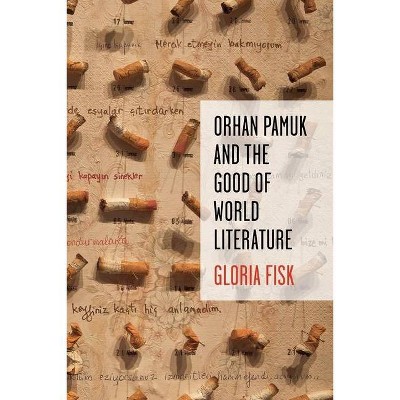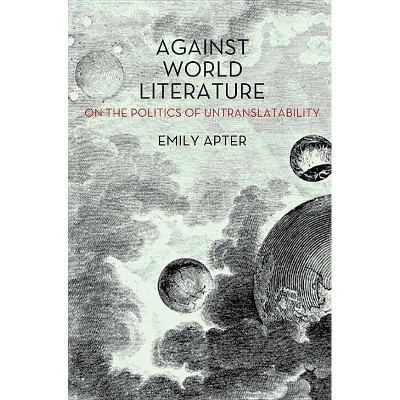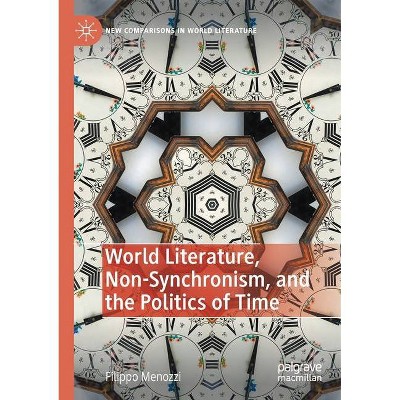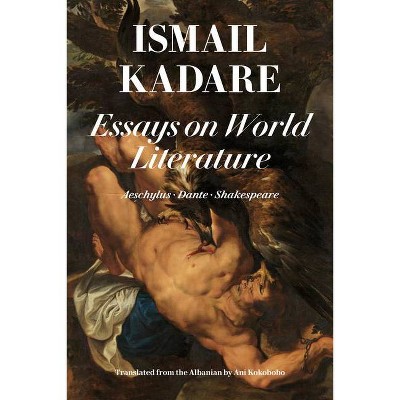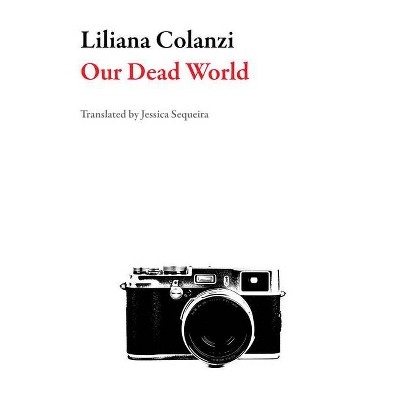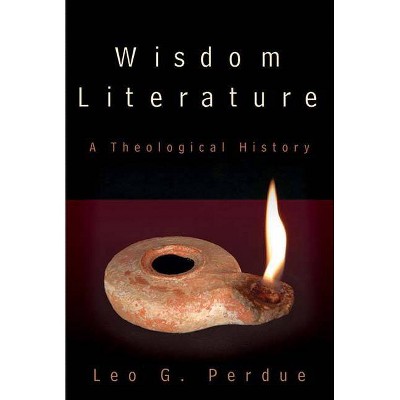Philosophy as World Literature - (Literatures as World Literature) by Jeffrey R Di Leo (Hardcover)
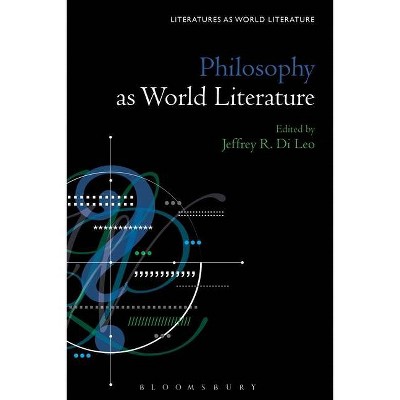
Similar Products
Products of same category from the store
AllProduct info
<p/><br></br><p><b> About the Book </b></p></br></br>"Explores the intersections between philosophy and literature through a transnational, comparative lens"--<p/><br></br><p><b> Book Synopsis </b></p></br></br>What does it mean to consider philosophy as a species of not just literature but <i>world</i>literature? The authors in this collection explore philosophy through the lens of the "worlding" of literature--that is, how philosophy is connected and reconnected through global literary networks that cross borders, mix stories, and speak in translation and dialect.<br/><br/> Historically, much of the world's most influential philosophy, from Plato's dialogues and Augustine's confessions to Nietzsche's aphorisms and Sartre's plays, was a form of literature--as well as, by extension, a form of world literature. <i>Philosophy as World Literature</i> offers a variety of accounts of how the worlding of literature problematizes the national categorizing of philosophy and brings new meanings and challenges to the discussion of intersections between philosophy and literature.<p/><br></br><p><b> Review Quotes </b></p></br></br><br><i>Philosophy as World Literature</i> is a valuable contemporary intervention in the long-running quarrel between the philosophers and poets. By reconceiving their relation in terms of the shared problem of 'worlding, ' it replaces old struggles over universality with concrete issues of translation, migration, colonization, and alterity. In the process, a philosophical work's textuality or a novel's philosophical significance is shown to be determined, prior to any theoretical debate, by the facts of its translation, anthologizing, and circulation through networks that are global in scope.<br/>Ralph M. Berry, Emeritus Professor of English, Florida State University, USA<br><br>Certainly those of us who have long argued for the sisterhood of philosophy and literature, and labored to contribute to the tradition of an American philosophical fiction, will welcome <i>Philosophy as World Literature</i> with a cheer. But anyone and everyone who cares deeply about literature and philosophy will be thankful for this huge, necessary, and magnificent collection of illuminating essays.<br/>Charles Johnson, Emeritus Professor of English, University of Washington, USA<br><br>This is an important, timely, and much-needed collection of essays that not only builds bridges between philosophy and literature, but highlights the importance of global networks for both fields.<br/>Susan Bassnett, Professor of Comparative Literature, University of Glasgow, UK, and President of the British Comparative Literature Association<br><p/><br></br><p><b> About the Author </b></p></br></br><b>Jeffrey R. Di Leo</b> is Professor of English and Philosophy at the University of Houston-Victoria, USA. He is the Editor of the American Book Review, Founding Editor of the journal symploke, and Executive Director of the Society for Critical Exchange and its Winter Theory Institute. His books include<i> </i><i>The Bloomsbury Handbook of Literary and Cultural Theory </i>(2018), <i> </i><i>American Literature as World Literature </i>(2017), and <i>Dead Theory: Derrida, Death, and the Afterlife of Theory </i>(2016), all published by Bloomsbury
Price History
Price Archive shows prices from various stores, lets you see history and find the cheapest. There is no actual sale on the website. For all support, inquiry and suggestion messagescommunication@pricearchive.us
